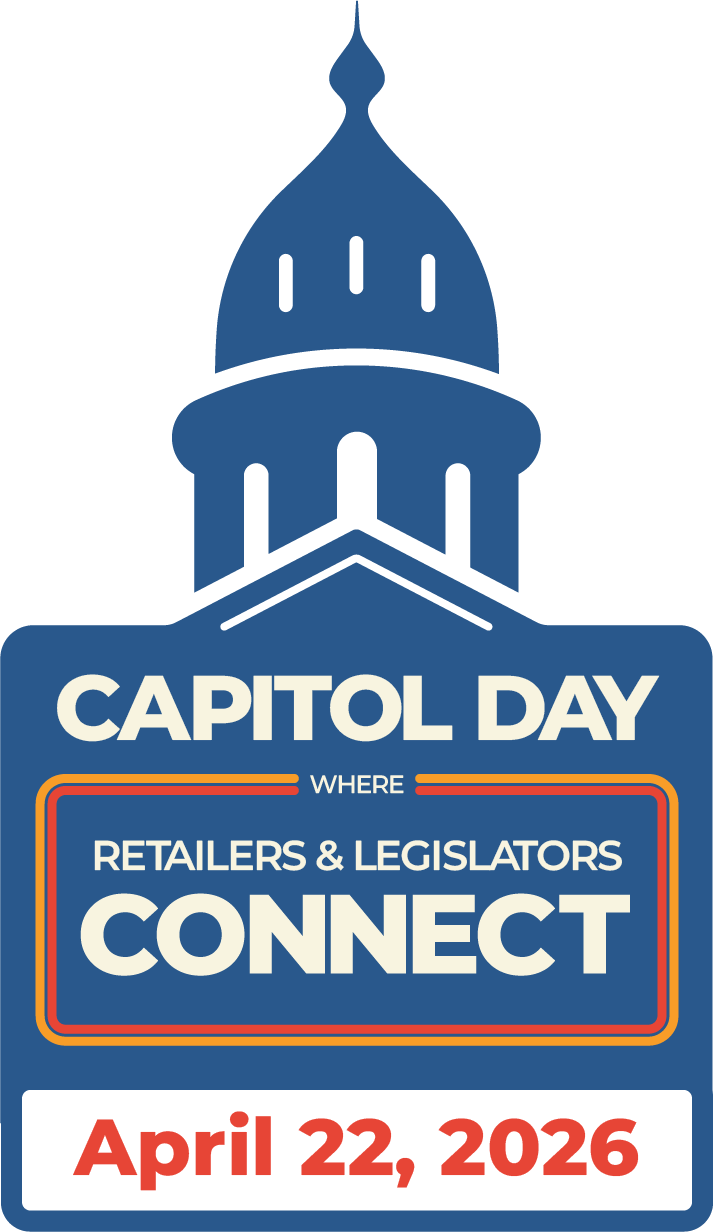Happy Holidays and Happy New Year
Holiday break
Legislators wrapped up the 2015 session on Thursday. They will return to begin the 2016 session and consider unfinished items on January 13, with the real work likely resuming on January 20. Gov. Snyder’s sixth State of the State address is scheduled for Tuesday, January 19, and will set the tone for the legislative year. Our government affairs news updates will resume on January 22. In the meantime, updates will be sent on an as-needed basis. Have a wonderful and successful holiday season and a happy new year!
Unemployment taxable wage base reduction
Legislators approved legislation to formally roll back the taxable wage base for employee unemployment benefits taxes from $9,500 to $9,000 because the Unemployment Trust Fund reached a $2.5 billion balance in July. The House approved the legislation, SB 500, on a 60-46 vote on December 10. The bill was given immediate effect and lowers the taxable wage base for employers beginning in 2016.
Franchise employer responsibilities
The House approved legislation on Wednesday clarifying whether the franchisor or franchisee is the employer responsible under various state acts. The bills, SB 492–493 and HB 5070–5073, address a recent decision by the National Labor Relations Board (NLRB) that raised questions about the franchisor-franchisee relationship. The bills seek to allocate employer responsibilities to franchisees rather than franchisors, if the franchisee provides abenefit plan or pays wages, unless otherwise specified in the franchise agreement.
The bills apply the changes through amending the definition of “employer” in the Franchise Investment Act, the Michigan Occupational Safety and Health Act (MIOSHA), the Payment of Wages and Fringe Benefits Act, the Workforce Opportunity Wage Act, the Michigan Employment Security Act and the Workers Disability Compensation Act. SB 492-493 were approved by both chambers and have been enrolled. HB 5070-5073 still needs to be approved by the Senate.
Predictive scheduling bill introduced
While it’s unlikely to see any action, legislation regulating the hours and scheduling of hourly employees was introduced Thursday as HB 5175. The bill’s requirements would apply to employers that have an average of 15 or more workers employed annually. Under the legislation, hourly employees could request changes to the schedule for educational, health-related and care-giving purposes. Requests would need to be reviewed in a timely manner. If the request were denied, the employer must provide a written statement of the reason for denial.
Employers must also provide a new hourly employee with the work schedule and minimum number of work hours per month, on or before the first day of work. If the employee’s work schedule changed, the employer must provide the employee with a new schedule, in writing, at least 14 days before the change takes effect. An employer could offer additional hours beyond those previously scheduled, but must compensate an employee with one extra hour of pay for any additions made on less than 24 hours notice. The required notice and extra pay are waived if employees mutually agree to switch shifts or take on another employee’s shift.
If a scheduled hourly employee did not work the full number of hours scheduled, the employer would be required to compensate for lost hours. Employees scheduled 4 or more hours who worked less than 4 hours must be paid for at least 4 full hours of work at their regular rate. Employees scheduled for fewer than 4 hours who worked less than the scheduled amount must be compensated for the full number of scheduled hours. If an employee is on-call less than 24 hours before the start of the potential work shift, the employer must pay the employee at least one hour at the regular pay rate. If an employee is scheduled to work a split shift, the employer must pay an additional hour at the regular rate.
An employee could bring action against an employer for violating the regulations, within two years of an alleged violation. The bill was referred to the House Commerce and Trade Committee, and it is unlikely the bill will come up for consideration.
Other important items to note:
GROCERY/CONVENIENCE
- Country of origin labeling: The House adopted HR 184 on December 8 to encourage the U.S. Senate to pass legislation repealing the country of origin labeling regulations for beef, pork and chicken. These labeling regulations were imposed by the U.S. and are stricter than country-of-origin labeling on other products, such as produce.
- Cigar tax: SB 476, which would remove the October 31, 2016, sunset on the 50-cent cap on cigar taxes, was approved unanimously by the Senate on December 10. The bill was referred to the House Appropriations Committee.
LABOR
- Training wage repeal: Legislation to repeal the hourly training wage was introduced as HB 5172. The bill was referred to the Commerce and Trade Committee but is unlikely to be considered.
PHARMACY
- Vaccination department rules: Legislation prohibiting the promulgation of rules by the Department of Health and Human Services that are more stringent than the vaccination exemptions provided in statute or than the requirements for claiming exemption from immunizations was introduced as HB 5126–5127. The bills were referred to the House Health Policy Committee and would also prohibit the promulgation of rules more stringent that statute related to excluding individuals from school as a disease control measure.
REGULATIONS
- Recycling measurement: Legislation designed to collect information on recycling already happening in Michigan, as a step toward determining a statewide comprehensive recycling plan, was approved by the Senate on December 10. The bill, SB 507, does not require retailers to report recycling activities.
- Federal microbeads resolution: SR 120, SR 123 and SCR 21, introduced in early December, would encourage Congress to enact legislation prohibiting the sale of cleaning products and personal care products that contain plastic microbeads. The resolutions were referred to the Senate Natural Resources Committee.
TAXES
- Sales Tax increase for transportation: A joint resolution to amend Michigan’s Constitution to increase the state Sales Tax from 6% to 7% was introduced as SJR M Thursday by Senator Ken Horn (R-Frankenmuth). The joint resolution, which would be subject to approval of voters at the next general election, would earmark the additional revenue for transportation purposes and repeal the fuel tax increase and registration fee increases approved earlier this year. The joint resolution was referred to the Senate Government Operations Committee, which is usually a sign the legislation/resolution will not be taken up for discussion.
OTHER
- Used motor vehicle parts: The Senate unanimously approved legislation on December 1 to further crack down on Michigan’s tire theft problem. The legislation, SB 331, would require used motor vehicle parts dealers to record the transaction number of any direct deposit or electronic transfer to a customer as payment for used tires, wheels and rims. The bill was referred to the House Commerce and Trade Committee.
- Drones above the Capitol: HB 5148, introduced on December 10, would prohibit the use of drones in the airspace above the Michigan Capitol without permission from the Michigan State Capitol Commission. The bill was referred to the Government Operations Committee.






